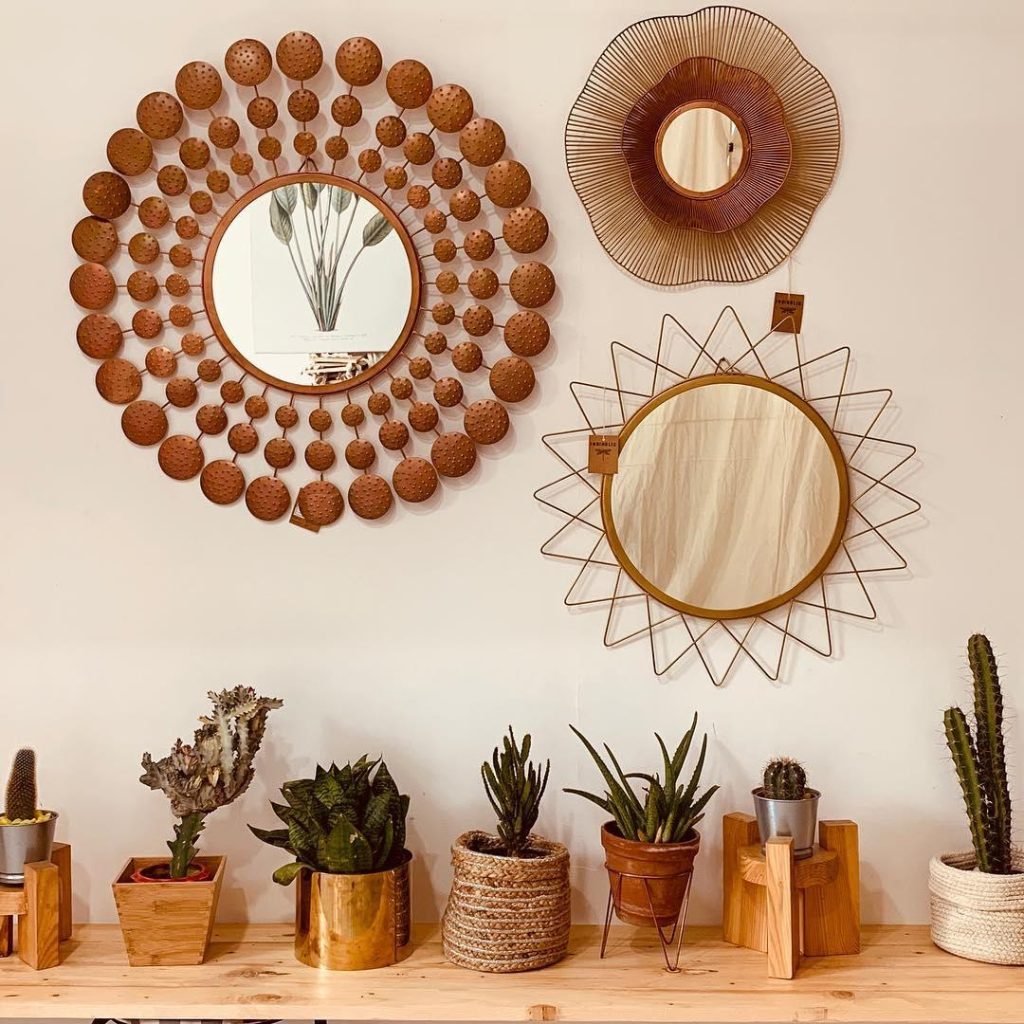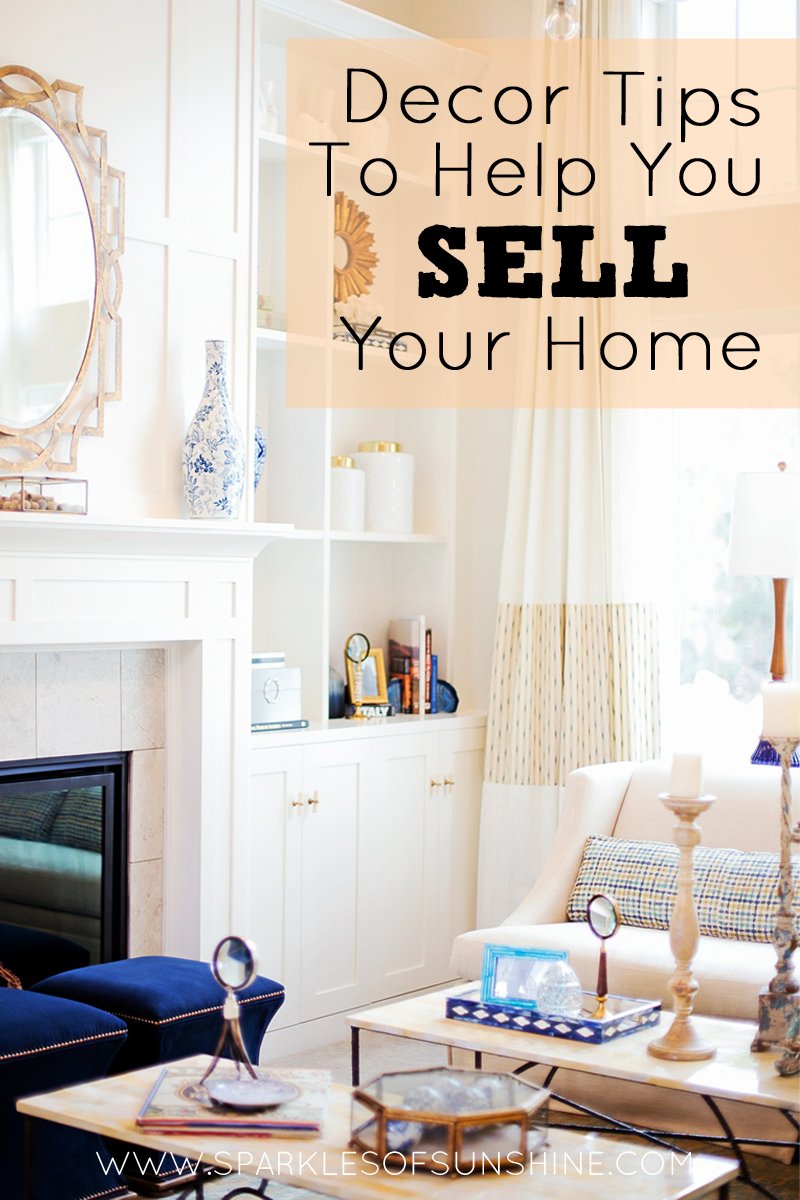Navigating The Marketplace: A Guide To Selling Home Decor In 2023
Navigating the Marketplace: A Guide to Selling Home Decor in 2023
Related Articles: Navigating the Marketplace: A Guide to Selling Home Decor in 2023
Introduction
With great pleasure, we will explore the intriguing topic related to Navigating the Marketplace: A Guide to Selling Home Decor in 2023. Let’s weave interesting information and offer fresh perspectives to the readers.
Table of Content
Navigating the Marketplace: A Guide to Selling Home Decor in 2023

The home decor market is a vibrant and dynamic landscape, offering a multitude of avenues for artisans, designers, and businesses to showcase and sell their creations. Whether you are a seasoned professional or a budding entrepreneur, understanding the diverse platforms available is crucial to achieving success in this competitive field. This comprehensive guide delves into the various avenues for selling home decor, providing insights into their unique features, advantages, and potential pitfalls.
Online Marketplaces: A Digital Frontier for Home Decor
The internet has revolutionized the way we shop, and home decor is no exception. Online marketplaces offer unparalleled reach, connecting sellers with a global audience of potential customers.
1. Etsy: The Artisan’s Haven
Etsy is renowned for its focus on handmade and vintage goods, making it an ideal platform for artisans and small businesses specializing in unique and handcrafted home decor items. Its curated community fosters a sense of creativity and authenticity, attracting buyers seeking distinctive pieces.
- Benefits: High visibility for handmade and vintage items, established buyer base, strong community focus.
- Considerations: Competition can be fierce, platform fees, need for high-quality product photography and descriptions.
2. Amazon Handmade: Reaching a Wider Audience
Amazon Handmade is a curated marketplace within the Amazon platform, specifically dedicated to handcrafted goods. This provides sellers with access to Amazon’s vast customer base and robust logistics network.
- Benefits: Access to a massive audience, established logistics and customer service infrastructure, potential for increased sales volume.
- Considerations: Higher commission fees compared to Etsy, stringent product requirements and quality control.
3. Shopify: Building Your Own Brand
Shopify empowers businesses to create their own online stores, providing complete control over branding, design, and customer experience. This platform offers flexibility and scalability, allowing businesses to grow and adapt as their needs evolve.
- Benefits: Complete control over brand and online presence, customizable platform, potential for higher profit margins.
- Considerations: Requires technical knowledge and investment in website development and marketing, need to manage all aspects of online operations.
4. Facebook Marketplace: Local Reach and Convenience
Facebook Marketplace caters to local buyers and sellers, making it an excellent option for reaching customers in a specific geographical area. Its ease of use and integration with Facebook’s social network make it a convenient platform for both buyers and sellers.
- Benefits: Local reach, easy to use, potential for faster sales and transactions.
- Considerations: Limited reach beyond local area, potential for lower prices due to local competition.
5. Instagram Shopping: Visual Storytelling
Instagram has become a powerful platform for showcasing products and connecting with customers. Its visual focus makes it ideal for home decor businesses, allowing them to tell compelling stories through high-quality images and videos.
- Benefits: Strong visual appeal, direct engagement with customers, potential for organic reach and virality.
- Considerations: Requires high-quality content and consistent engagement, need for a strong social media presence.
Traditional Retail: A Physical Presence in the Marketplace
While online marketplaces offer vast reach, traditional retail channels provide a tangible connection with customers and a unique shopping experience.
1. Boutiques and Specialty Stores: Curated Collections and Personalized Service
Boutiques and specialty stores offer a curated selection of home decor items, often focusing on specific styles or themes. They provide a personalized shopping experience, allowing customers to interact with products and receive expert advice.
- Benefits: High-quality customer service, potential for higher profit margins, opportunity to build a loyal customer base.
- Considerations: High overhead costs, limited reach, need for strong marketing and branding.
2. Home Decor Showrooms: Experiential Shopping
Home decor showrooms offer a more immersive shopping experience, showcasing products in a curated setting that allows customers to visualize them in their own homes. These spaces often feature lifestyle displays and expert design consultations.
- Benefits: Enhanced customer experience, potential for higher sales volume, opportunity to showcase full product range.
- Considerations: High overhead costs, need for skilled sales staff and design consultants, potential for limited reach.
3. Flea Markets and Craft Fairs: Connecting with Local Communities
Flea markets and craft fairs provide a platform for selling home decor items directly to customers, allowing for personal interaction and immediate feedback. These events offer a unique opportunity to connect with local communities and build brand awareness.
- Benefits: Direct customer interaction, potential for low overhead costs, opportunity to test market new products.
- Considerations: Limited reach, potential for inconsistent sales volume, need for adaptable displays and marketing materials.
4. Consignment Shops: Expanding Your Reach
Consignment shops offer a unique approach to selling home decor, allowing sellers to access a larger customer base without the overhead costs of running their own store. This model can be particularly beneficial for artisans and small businesses seeking to expand their reach.
- Benefits: Access to a larger customer base, reduced overhead costs, potential for faster sales.
- Considerations: Lower profit margins, need to comply with consignment shop policies, limited control over pricing and marketing.
FAQs: Addressing Common Questions
1. What are the best platforms for selling home decor online?
The best platform depends on your specific needs and goals. Etsy is ideal for handmade and vintage items, while Amazon Handmade offers access to a wider audience. Shopify provides complete control over your online store, while Facebook Marketplace caters to local buyers. Instagram Shopping focuses on visual storytelling and direct customer engagement.
2. How can I market my home decor products effectively?
Effective marketing involves a combination of online and offline strategies. Utilize social media platforms, email marketing, and paid advertising to reach a wider audience. Engage with potential customers through compelling content, high-quality images, and engaging storytelling. Participate in local events and craft fairs to build brand awareness and connect with customers directly.
3. What are the legal considerations for selling home decor?
Ensure you comply with all relevant regulations and laws, including product safety standards, intellectual property rights, and tax requirements. Research and understand the specific regulations for your location and product type.
4. How can I build a strong brand for my home decor business?
Develop a clear brand identity that reflects your unique style and values. Create a consistent brand message across all platforms, including your website, social media, and marketing materials. Offer high-quality products, exceptional customer service, and engage with your customers to build a loyal following.
Tips for Success in the Home Decor Marketplace
1. Focus on High-Quality Products: Invest in creating high-quality products that meet the needs and expectations of your target audience. Pay attention to details, craftsmanship, and materials to ensure durability and aesthetic appeal.
2. Develop a Strong Brand Identity: Define your brand’s unique personality, values, and target audience. Communicate your brand message consistently through your products, website, social media, and marketing materials.
3. Utilize High-Quality Photography: Invest in professional product photography that showcases your items in their best light. Utilize natural lighting, clear backgrounds, and compelling composition to create visually appealing images.
4. Provide Excellent Customer Service: Respond promptly to inquiries, resolve issues quickly, and go the extra mile to provide exceptional customer service. Build relationships with your customers and foster a sense of loyalty.
5. Embrace Digital Marketing: Utilize social media platforms, email marketing, and paid advertising to reach a wider audience. Create engaging content, run targeted ads, and leverage influencer marketing to increase brand awareness and drive sales.
6. Stay Up-to-Date with Trends: Keep abreast of current trends in home decor, including popular styles, colors, and materials. Adapt your product offerings and marketing strategies to stay relevant and meet the evolving needs of your target audience.
Conclusion: Navigating the Diverse Landscape of Home Decor Sales
The home decor market presents a vast and diverse landscape for sellers, offering a range of platforms and channels to reach their target audience. Understanding the unique features and advantages of each platform is crucial to developing a successful strategy. By focusing on high-quality products, building a strong brand identity, utilizing effective marketing strategies, and providing exceptional customer service, sellers can navigate the competitive marketplace and achieve success in the dynamic world of home decor.

:max_bytes(150000):strip_icc()/2023-living-room-trends-6749661-hero-7609b4b0cf124f3889e87e5c7ee7b32e.jpg)






Closure
Thus, we hope this article has provided valuable insights into Navigating the Marketplace: A Guide to Selling Home Decor in 2023. We appreciate your attention to our article. See you in our next article!